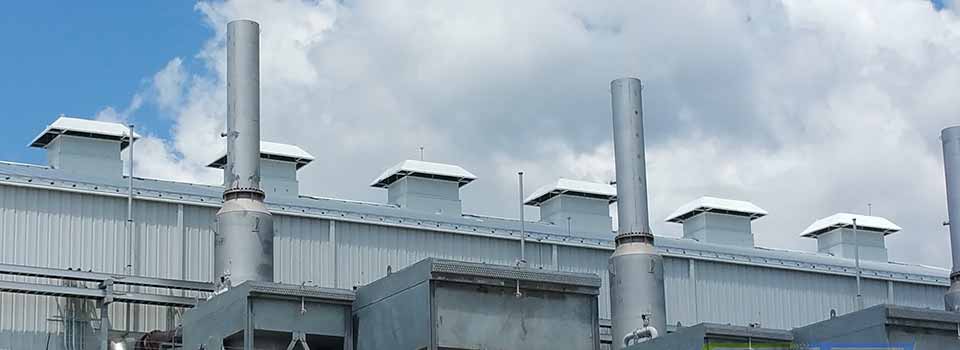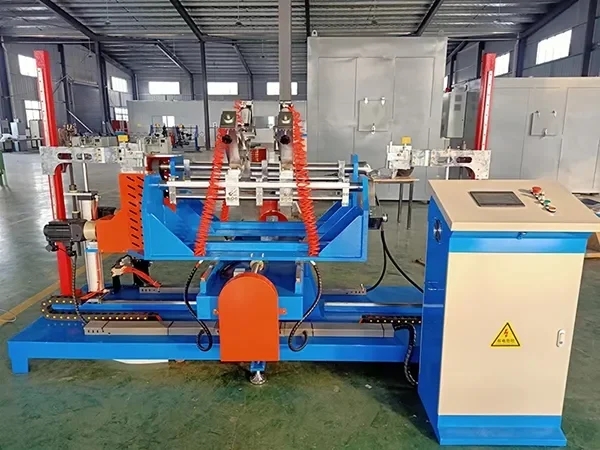
Cargo ventilation plays a vital role in ensuring the safety and efficiency of shipping operations. Proper ventilation is essential for maintaining the quality of goods, preventing damage, and ensuring the well-being of crew members. In this blog post, we will explore why cargo ventilation is important on ships and its impact on various aspects of maritime transportation.
- Preserving Cargo Quality:
Cargo ventilation is crucial for preserving the quality of goods during transportation. Many types of cargo, such as perishable goods, chemicals, and pharmaceuticals, require specific temperature and humidity conditions to maintain their integrity. Proper ventilation systems help regulate these factors, preventing spoilage, degradation, or contamination. By ensuring optimal conditions, cargo ventilation helps to minimize financial losses and maintain customer satisfaction. - Preventing Moisture Damage:
Moisture is a common enemy in the shipping industry, as it can cause significant damage to cargo. Excessive humidity can lead to mold growth, corrosion, and deterioration of goods. Cargo ventilation systems help control moisture levels by circulating dry air and removing excess humidity. This prevents the formation of condensation and protects cargo from moisture-related damage, ensuring its quality and value. - Controlling Temperature:
Temperature control is critical for certain types of cargo, such as frozen or temperature-sensitive goods. Cargo ventilation systems equipped with temperature control mechanisms help maintain the required temperature range throughout the journey. This is particularly important for long-distance shipments or when crossing different climate zones. By ensuring consistent temperatures, cargo ventilation safeguards the integrity and usability of temperature-sensitive cargo. - Enhancing Safety:
Cargo ventilation also plays a significant role in ensuring the safety of the ship and its crew. Some types of cargo, such as hazardous materials or chemicals, may release toxic gases or fumes during transportation. Proper ventilation systems help remove these harmful substances, reducing the risk of accidents, fires, or health hazards. Additionally, adequate ventilation improves air quality, creating a healthier and more comfortable environment for the crew members. - Optimizing Efficiency:
Efficient cargo ventilation systems contribute to the overall efficiency of shipping operations. By maintaining optimal conditions, cargo ventilation minimizes the need for additional inspections, rejections, or delays due to cargo damage. It also reduces the risk of cargo claims and disputes, saving time and resources for both shipowners and cargo owners. Moreover, efficient ventilation systems help optimize fuel consumption by regulating temperature and humidity, leading to cost savings and environmental benefits.
Conclusion:
Cargo ventilation is an indispensable aspect of maritime transportation, ensuring the safety, quality, and efficiency of goods during shipping. By preserving cargo quality, preventing moisture damage, controlling temperature, enhancing safety, and optimizing efficiency, proper ventilation systems contribute to the smooth and successful execution of shipping operations. Shipowners, cargo owners, and crew members must recognize the importance of cargo ventilation and invest in advanced systems to meet the industry's evolving demands.





